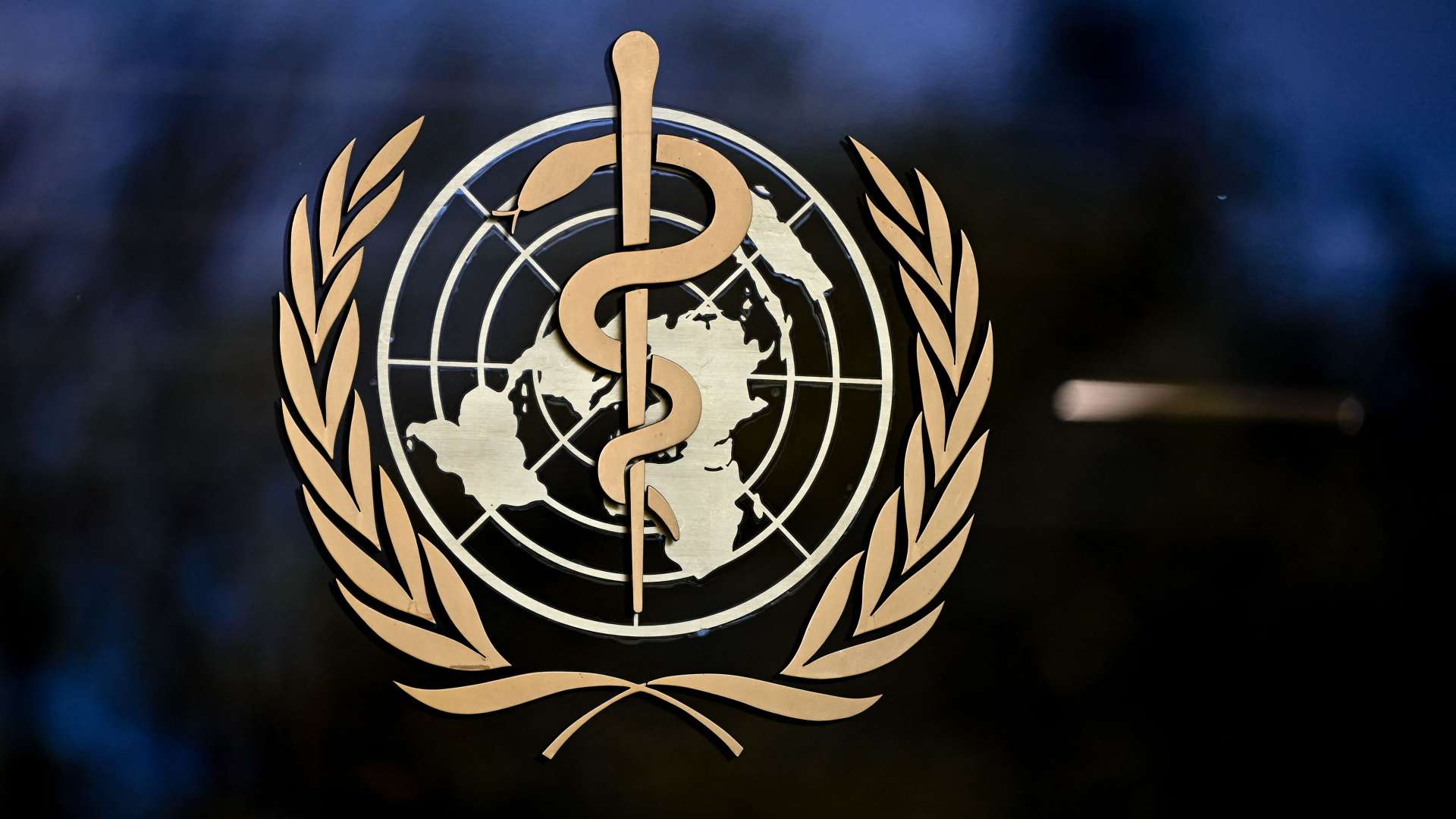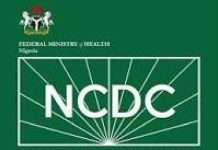
The World Health Organisation (WHO) has urged global regulatory bodies and stakeholders in the pharmaceutical sector to adopt innovative practices aimed at reducing the environmental impact of manufacturing medical products.
This call, made through a media publication by WHO’s Department of Regulation and Prequalification, highlights the need for sustainability in the pharmaceutical industry while maintaining high safety and efficacy standards.
The document outlines strategies for mitigating environmental harm, emphasising a shift toward sustainable manufacturing, packaging, distribution, and the use of pharmaceuticals. It stresses that these measures are essential in addressing the rising global health risks exacerbated by climate change and the carbon footprint of health systems, which contribute approximately 5 percent of global greenhouse gas emissions.
WHO Assistant Director-General for Access to Medicines and Health Products, Dr Yukiko Nakatani, underscored the urgency of the initiative stating, “Addressing the environmental impact of healthcare products is no longer optional, but an imperative step toward safeguarding public health and the planet’s future.”
The initiative proposes leveraging digital transformation to enhance regulatory capacities, particularly in low- and middle-income countries, and advancing sustainability-driven research and development in active pharmaceutical ingredients (APIs) and manufacturing processes.
Dr Rogerio Gaspar, WHO director for regulation and prequalification, stressed the need for health systems to lead by example. “Health systems must align their operations with global sustainability goals, setting the stage for transformative change across the pharmaceutical supply chain,” he noted.
The global agency also called for increased transparency and accountability in supply chain practices, advocating for sustainable procurement standards. The document further aligns with the WHO Global Strategy on Health, Environment, and Climate Change and builds on the insights of key studies, such as Unitaid’s 2023 report, which revealed that up to 95 percent of greenhouse gas emissions from select medicines stem from raw material acquisition and manufacturing processes.
Moving further, the WHO plans to develop a comprehensive white paper on sustainable regulatory practices, which will be discussed at a global summit this year. The forum aims to unite experts from public health, regulatory authorities, the pharmaceutical industry, and procurement agencies to explore and advance transformative solutions.










